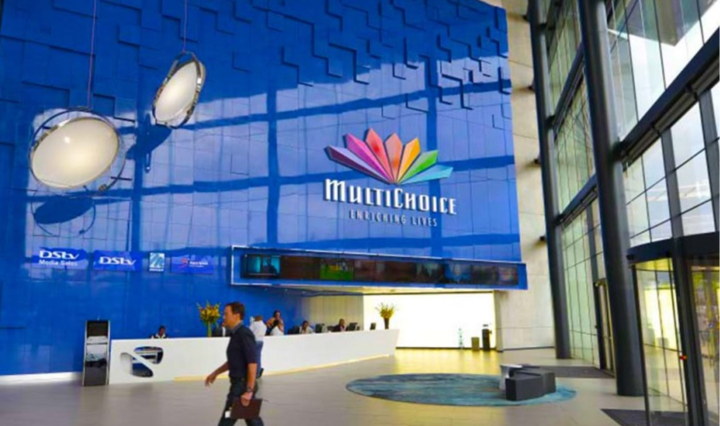MultiChoice Group Ltd. has faced a challenging financial landscape, marking its third consecutive semi-annual loss. The company attributes these financial woes to a combination of foreign exchange difficulties in Nigeria and persistent power outages in South Africa. In a recent filing, Africa’s largest pay-TV company revealed a net loss of 1.32 billion rand ($72.4 million) for the six months ending on September 30.
The root cause of this substantial loss lies in the poor performance of the naira against the dollar, primarily linked to Nigeria’s mid-June decision to allow the Naira to trade more freely against the dollar, resulting in a significant 40% devaluation. This move compelled MultiChoice to revalue inter-group loans, ultimately leading to foreign exchange losses.
Multichoice, in its official statement, shed light on the subscriber growth dynamics, emphasizing that after adding 1.4 million new subscribers in FY23, growth in the Rest of Africa was more subdued in 1H FY24. Factors contributing to this included inflationary pressures in key markets like Nigeria and trends similar to previous periods following a FIFA World Cup or northern hemisphere football off-season.

The company added a total of 0.1 million subscribers during this period, bringing the count to 13.0 million 90-day active subscribers. The active subscriber base remained broadly stable at 8.9 million subscribers, with subscription revenues experiencing a 14% organic growth. Despite these positive indicators, revenue of ZAR10.5 billion remained flat, with a weaker ZAR against the USD on conversion offsetting the impact of weaker local currencies relative to the USD.
The Rest of Africa (RoA) segment delivered a trading profit of ZAR330 million, representing a significant year-on-year increase of ZAR2.2 billion on an organic basis. This improvement was underpinned by specific cost interventions around decoder subsidies and content costs. However, the challenge posed by weaker currencies remained a significant impediment to overall profitability, with average first-half exchanges sharply falling against the USD.
The sharp depreciation of the naira played a pivotal role in this scenario, resulting in a substantial proportion of previously recognized losses incurred on cash remittances now being recorded in trading profit. The net effect of these forex movements translated to a negative ZAR1.6 billion impact on the segment’s trading profit for the specified period.
In addition to the currency woes, South Africa experienced rolling blackouts during this period, contributing to a 5% decline in the number of active days per subscriber. This exacerbation further impacted MultiChoice’s financial performance, presenting a multifaceted challenge for the company.
In response to these challenges, MultiChoice’s shares saw a 0.6% decline in Johannesburg at close on Wednesday, after plunging as much as 3.6% to a record low. This indicates a level of concern among investors regarding the company’s current financial trajectory.
Despite these setbacks, MultiChoice remains proactive in addressing the situation. The company plans to relaunch its Showmax streaming service in the second half of its financial year, aiming to capitalize on the growing demand for digital content consumption. Additionally, MultiChoice intends to introduce a sports betting service in South Africa, drawing inspiration from the success of a similar offering in Nigeria.
As MultiChoice navigates through these challenging times, the company is strategically positioning itself to tap into emerging opportunities in the digital entertainment and sports betting sectors. The success of these initiatives will likely play a crucial role in determining the company’s future financial performance and market standing. Investors and industry observers will be closely monitoring MultiChoice’s strategic moves and their impact on the company’s bottom line in the coming months.
Support InfoStride News' Credible Journalism: Only credible journalism can guarantee a fair, accountable and transparent society, including democracy and government. It involves a lot of efforts and money. We need your support. Click here to Donate
